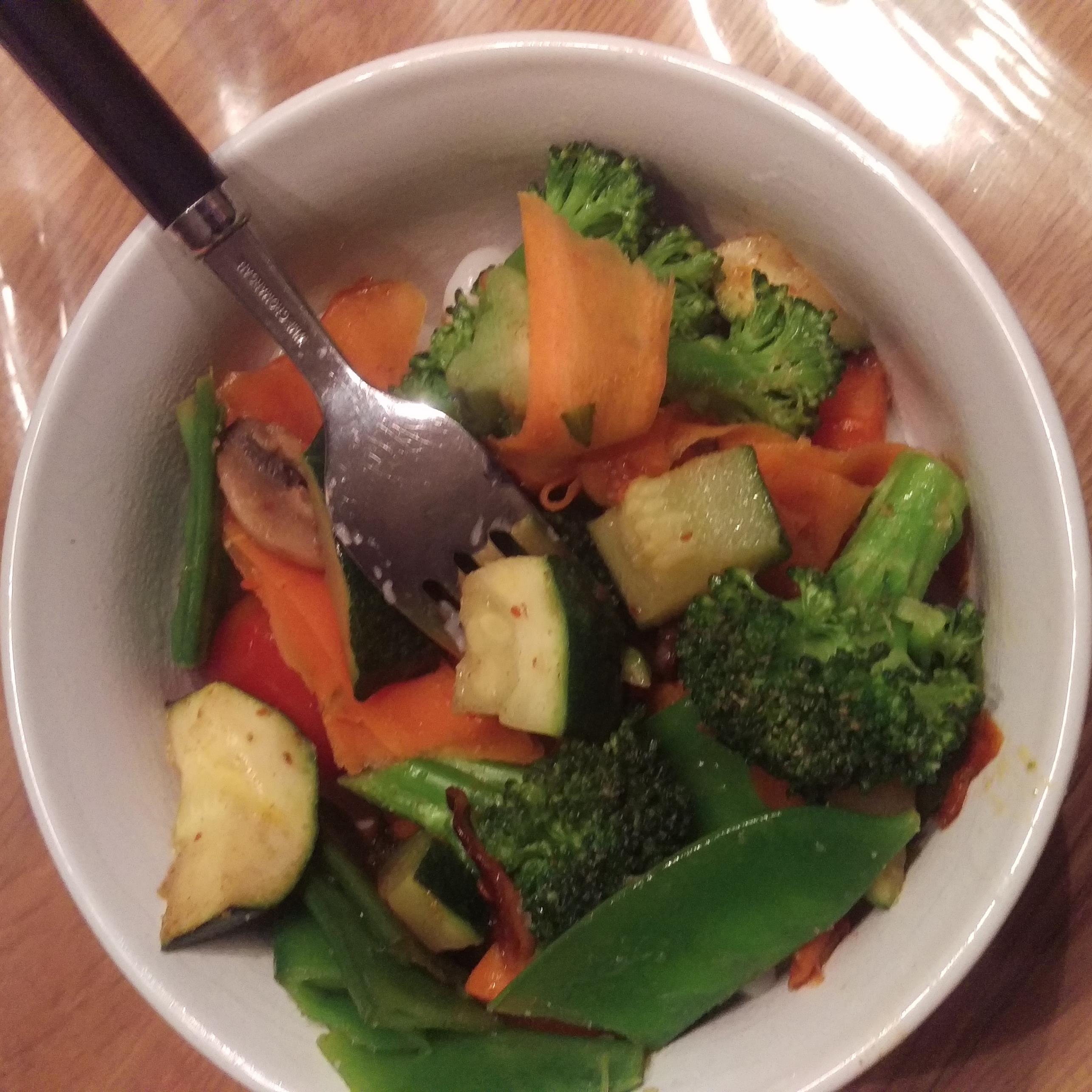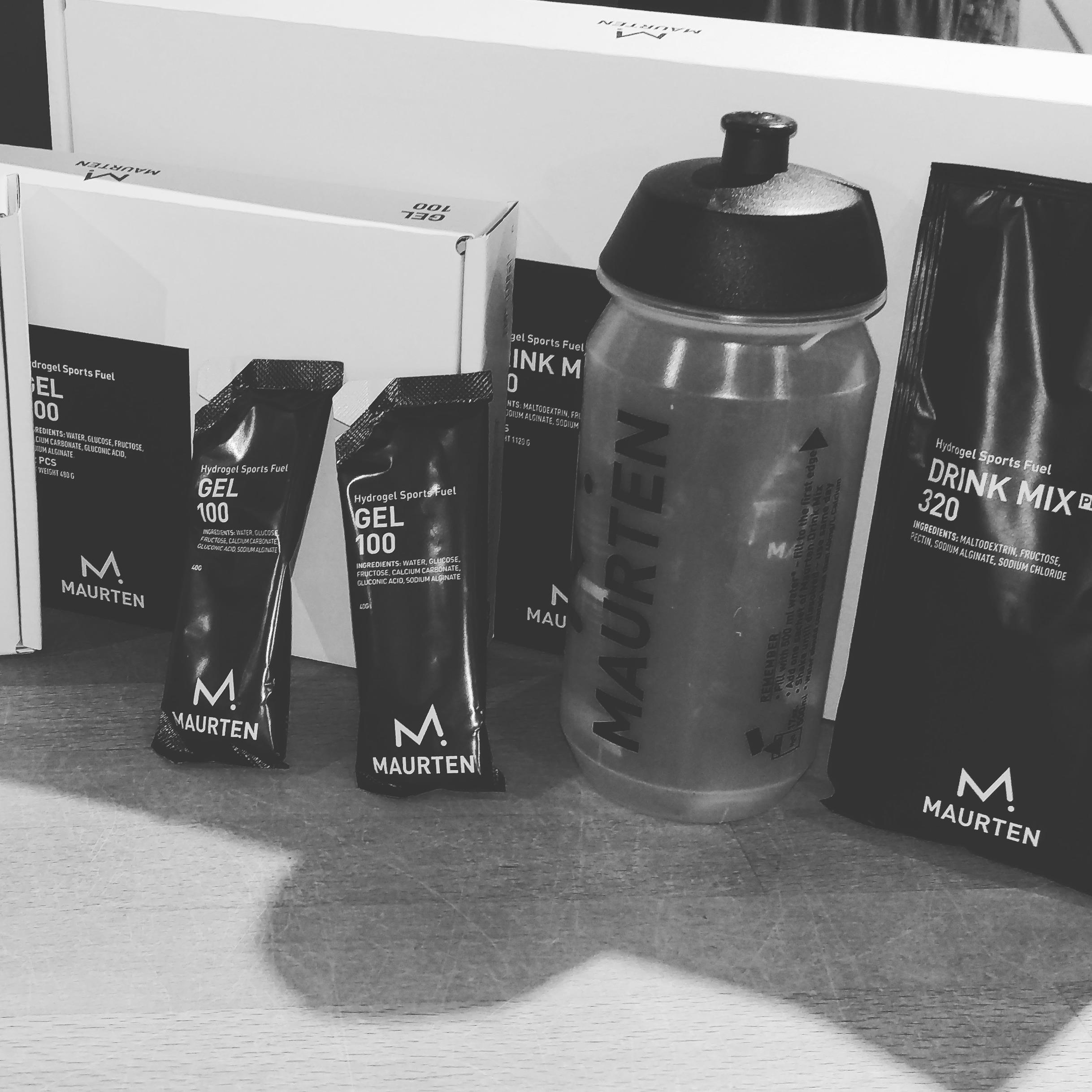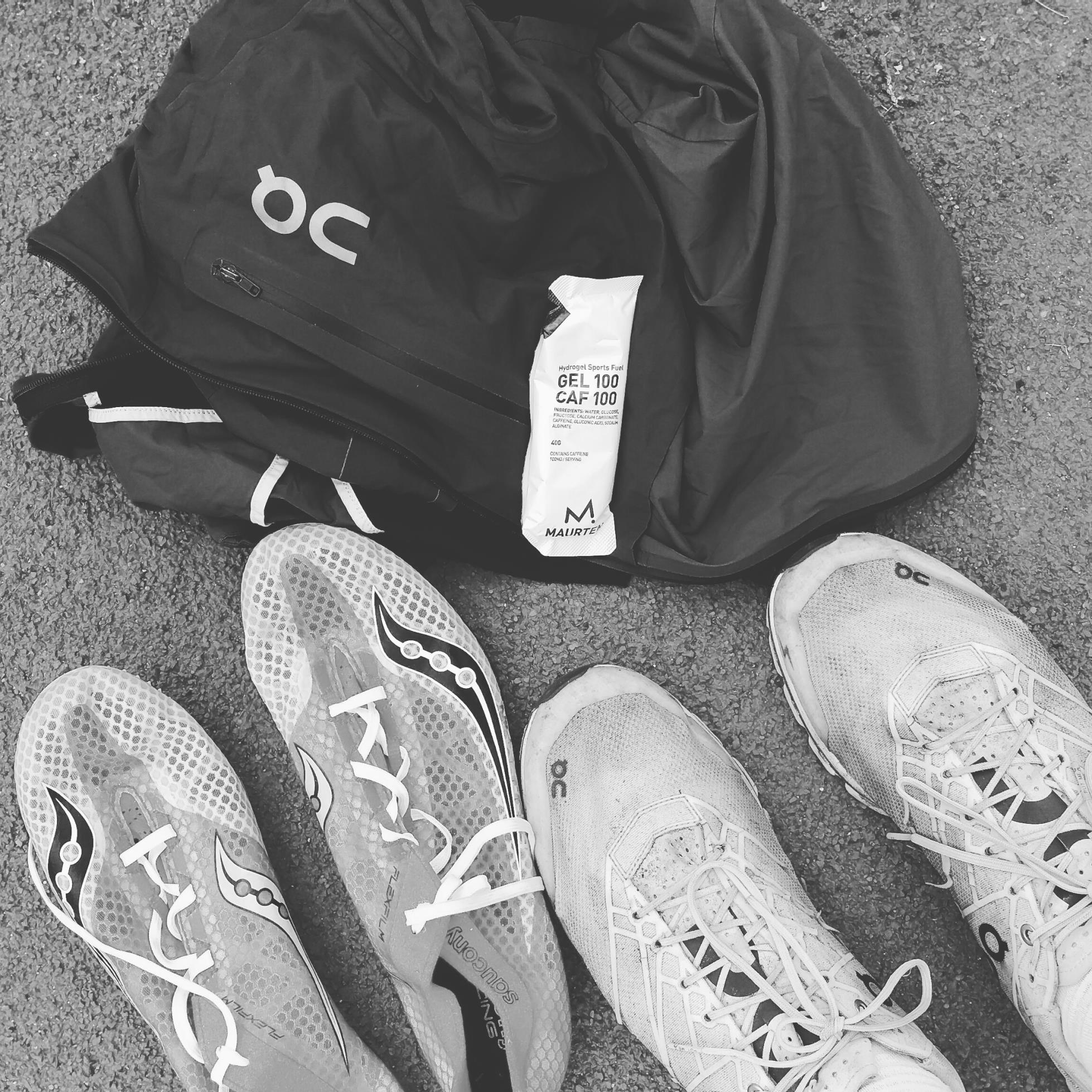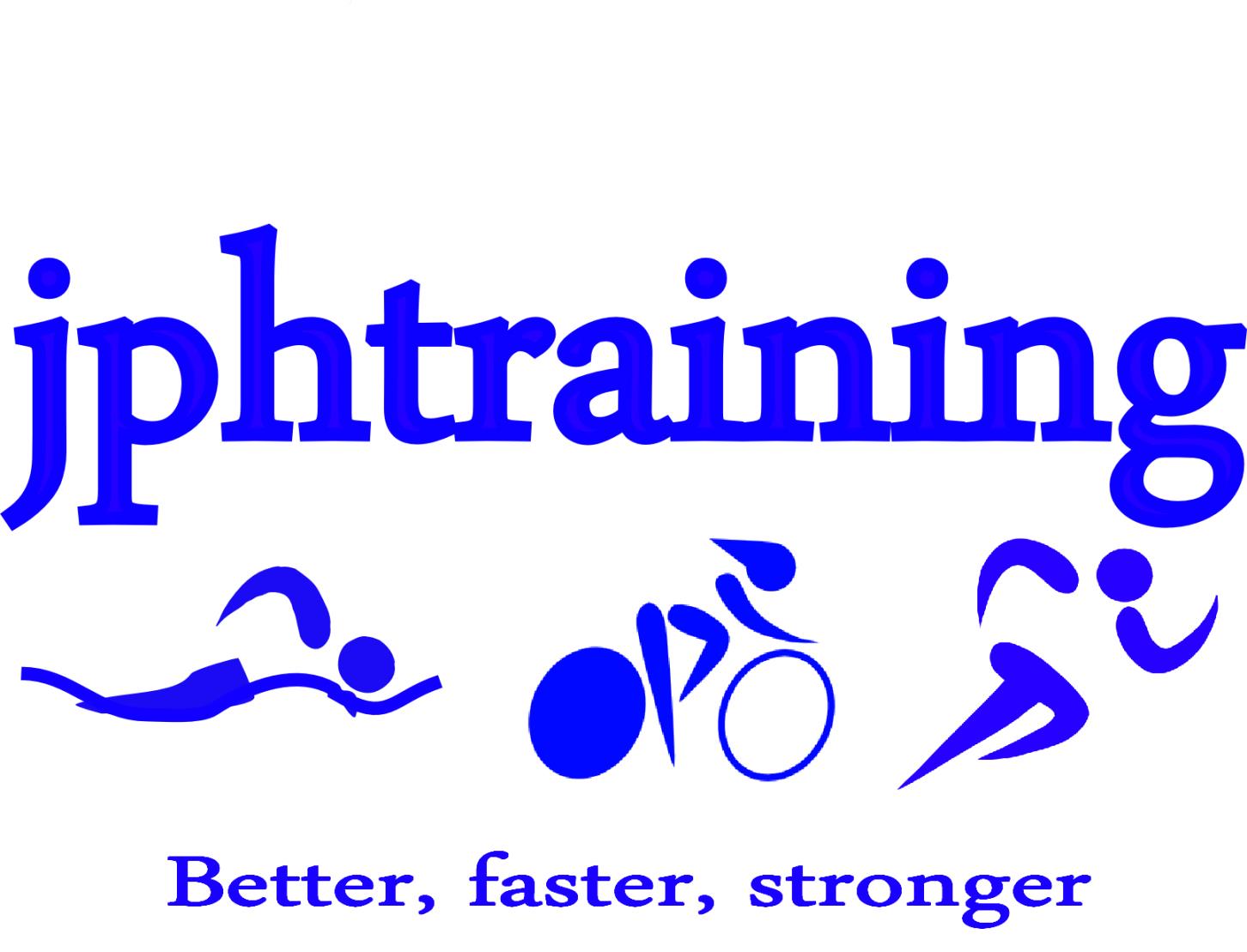Eat well to live well. Eat to perform.
Nutrition, December 18, 2019
Lately there has been increased discussions on how weight should or shouldn't effect our training, or how well trained bodies are not performing natural functions due to striving for a certain weight. I prefer to eat and then burn more calories or perform without getting injured.

In this day and age there is a lot of information and opinions out there about what we should and should not eat. This can lead to a lot of confusion and sometimes complete misinformation. I do not want to advise you on what you should eat , but rather on how much to eat.
I believe a lot of athletes are under-fueling themselves.
There is largely because of the fact that it is constantly hammered into us that we need to be light to be fast. That our power to weight ratio is extremely important, and that by weighing 2-5 kilograms less we could run X minutes faster.
Before I get to my point I will provide a bit of background information. In 2006 I was starting to get a lot of training done on top of being very busy with Personal Training, fitness instructing, and giving spinning classes in a corporate gym, as well as training athletes outside. I was starting work at 6am and sometimes getting home at 9:30pm. In between there would sometimes be time to go training and/or relax. Often. I would also ride in and out, or run in and ride home. During the day I was eating a lot of small meals and always feeling a little hungry. I was still eating a lot, but it wasn't the type of food I need to keep me feeling full and balanced I wasn't eating bad. I just wasn't eating as well as I could with the information I have now.
In 2007 I really started to step up my running and could run long without blinking or needing to fuel at all or not much. Without knowing it my body was pretty good at burning fat and not being so dependent on glycogen. However, it wasn't until 2011 that I started to drop away from eating a LOT of simple Carbohydrates and eating more fat in the form of Nuts, Fish, Quark and Cheese.
This helped me not having moments during the day where I was feeling extremely hungry and my stomach felt very empty. In effect my blood sugar and energy levels were a lot more even and I felt better during the day.
I never focused on losing weight. I focused on eating and training well, as a result I did lose a little bit of weight (1-2kg), but did lose body fat and gain more strength.
I was fuelling some of my sessions a little, but in the last year that has really changed.

I am a believer in being fat adapted and generally eating more protein, greens, and fat while avoiding simple carbohydrates.
I also believe, as a result of these last few years in training low and racing high. What I mean by that is training on an empty stomach, and often doing the first session without breakfast as well as trying to eat less carbohydrates during the day. However, we it comes to racing or big interval sessions you fuel yourself with lots of carbohydrates and of a good quality.
I use the term fuelling instead of eating, as I find it a better analogy. You cannot get the best performance out of a Formula One engine if you fuel it with diesel or just water.
If you are trying to perform at a high intensity you want to give yourself the best possible fuel.
To mean intensity is the key. If you are going long , but steady it could be possible to do it without fueling. I paced the Marathon in Hamburg in 2015 and didn't need to take anything in, because I was running comfortably in my aerobic zone.
The next year I raced the Hamburg Marathon in a suit and pushed myself and fuelled well before starting and took 5 gels and coke on board during the race.
This year I have changed things again slightly in that whenever I was doing a tempo or interval session I was fueling before and during the session. The result was that I was not necessarily completing the sessions faster, but I was stronger and more importantly I was feeling better afterwards. I was able to build up without ever feeling extremely run down or getting sick.
What I also focused on was having less meals or snacks during the day, but eating more when I did eat. This gave my body a chance to digest everything and then have some rest before the next mealtime.
Without worrying about some weight and greatly reduced my intramuscular fat, which toned me up and changed the way my jeans fit 😉😃
When it came to racing I went all in.
With the knowledge of how the Elite Marathoners have been fuelling with Maurten. They started working with the 1gram of carbohydrates per kilogram body weight per hour(which is good goal for any endurance athlete ), but realised that thanks to the hydrogel they were able to sustain ingesting more carbohydrates. Eliud Kipchoge was aiming to take on around 90g per hour during breaking 2, which gives him 180g for an event lasting 2 hours and he must weigh around 55-57kg. That means around 1.5g per kilogram was ingested.
The thinking behind this is quite simple. When working really hard we are only using sugars. The more sugars we can take on the longer we can keep our foot on the gas pedal. I often would take some runners from taking on too many gels, because the combination of dehydration and a thick gel without a lot of water can often result in stomach issues. However, with the Maurten drink and Gels it was possible for me to take on more energy without putting the stomach under more stress.

I tested this in training too to ensure that in worked not only in theory. That meant getting up, having a double coffee, a light breakfast, and then a bottle of Drink320. While running I took one gel every 15 minutes and also drank 500ml Drink320. After just over 90 minutes I was finished. Literally…
My legs were spent, but my stomach was fine, and I was also able to eat well afterwards, which is sometimes an issue for me after doing long runs without fuelling.

The end result wasn't necessarily more speed, but that I was feeling better during and after the speed sessions, which obviously improves recovery and enables you to maintain a more consistent build.
I carried this approach over to the Marathon, which meant before the start and during the event I drank 2 bottles of Drink320 and took on 7 gels. I never felt flat or tired mentally, and I also never felt like I was having to force the gels down. It also broke down the run nicely. I know running with one or two gels is possible as I mentioned, but if you are not good at utilising fats or the intensity is high that is not enough.
When I ran my personal best. I had a similar strategy with a standard sports drink and coke in the later part of the marathon.
What helps me believe this approach works is simply how I felt in training, and how eating less to "lean up" left me feeling powerless.
Focus on the process, trust it, and fuel yourself for it. Just focusing on weight and being lighter can cause unwanted stress, illness, and or stress fractures.
